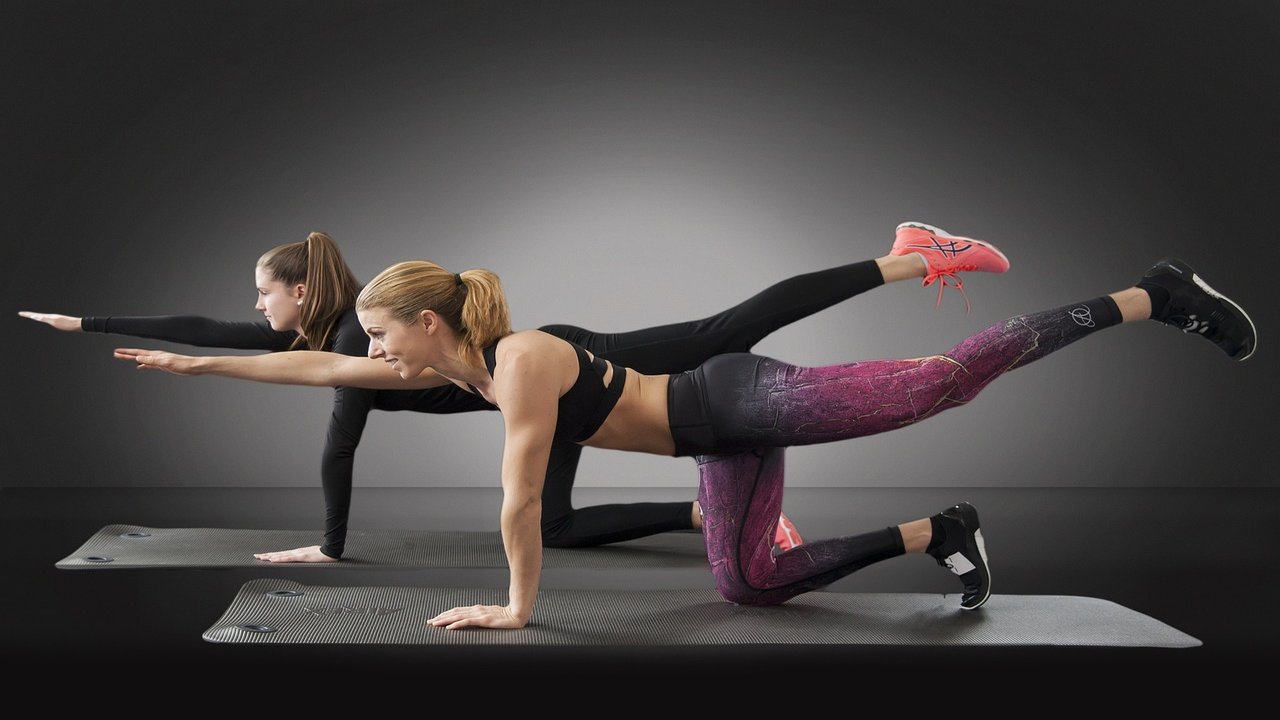
Important Hydration Tips for Athletes
You know that 75% of Americans are chronically dehydrated?
Hydration is crucial for athletes like you. Proper hydration can impact your performance, endurance, and overall health.
In this guide, you'll learn important hydration tips to keep you at the top of your game. From pre-hydration strategies to recognizing signs of dehydration, these tips will help you maintain optimal hydration levels and enhance your athletic performance.
Let's dive in and make sure you're equipped with the knowledge you need to stay hydrated and ready for any challenge.
Key Takeaways
- Consistently drink fluids throughout the day to maintain hydration levels
- Follow a hydration schedule before, during, and after exercise to optimize performance
- Replenish electrolytes through foods and hydration supplements to maintain proper balance
- Pay attention to individual hydration needs and adjust fluid intake accordingly to prevent dehydration and optimize performance.
Staying Hydrated
To stay hydrated, you should consume fluids regularly throughout the day, especially before, during, and after exercise. Establishing a hydration schedule can help you maintain optimal performance.
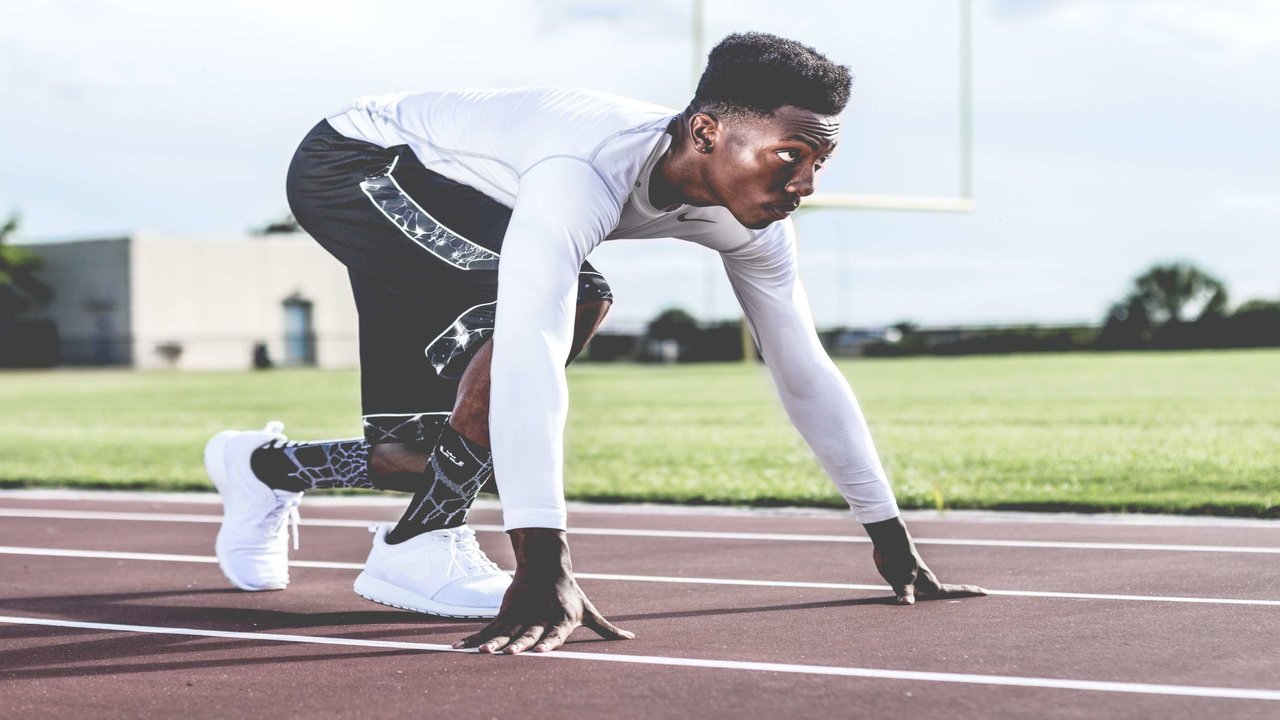
Before exercising, drink about 17-20 ounces of water 2-3 hours prior, then 8 ounces 20-30 minutes before.
During exercise, aim to drink 7-10 ounces every 10-20 minutes.
After exercising, focus on rehydrating by consuming 8 ounces of water within 30 minutes, and then continue to drink 16-24 ounces for every pound of body weight lost during the activity.
Proper hydration not only prevents dehydration but also significantly impacts your performance. Even mild dehydration can hinder your athletic abilities, affecting endurance, strength, and overall physical and mental performance.
Following a consistent hydration routine is crucial for sustaining peak performance.
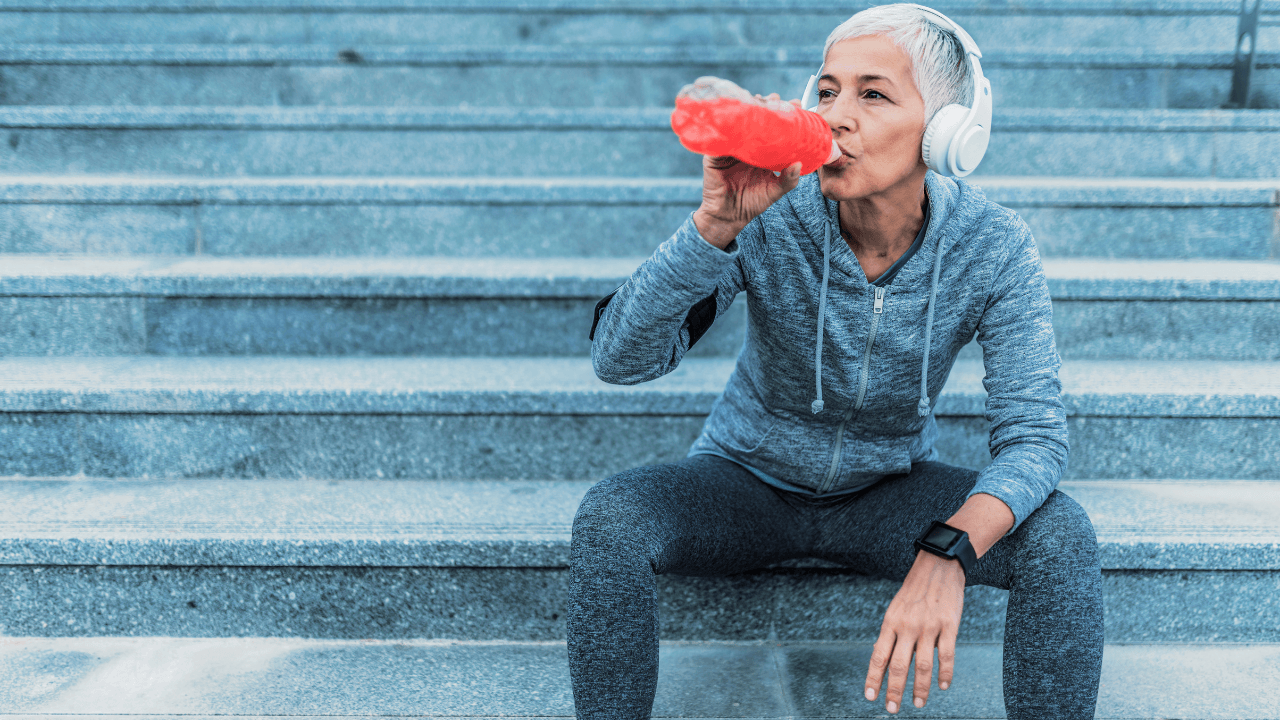
Electrolyte Balance
Ensuring proper electrolyte balance is crucial for maintaining peak athletic performance and preventing potential imbalances that can affect your endurance and overall physical capabilities. During intense exercise, your body loses electrolytes through sweat. To maintain balance, focus on electrolyte replenishment by consuming foods rich in potassium, magnesium, and sodium.
Hydration supplements can also be beneficial, especially during prolonged or high-intensity workouts. These supplements are designed to help you maintain proper electrolyte levels, allowing your muscles to function optimally and reducing the risk of cramping and fatigue. When choosing hydration supplements, look for ones that provide a balanced blend of electrolytes without added sugars or artificial additives.
Avoiding Dehydration
Ensure you're consistently drinking water before, during, and after your workouts to avoid dehydration.
Hydration techniques such as consuming electrolyte-rich drinks or coconut water can also help replenish lost fluids.
After exercising, focus on post-exercise rehydration by consuming more water and electrolytes to replace what was lost in sweat.
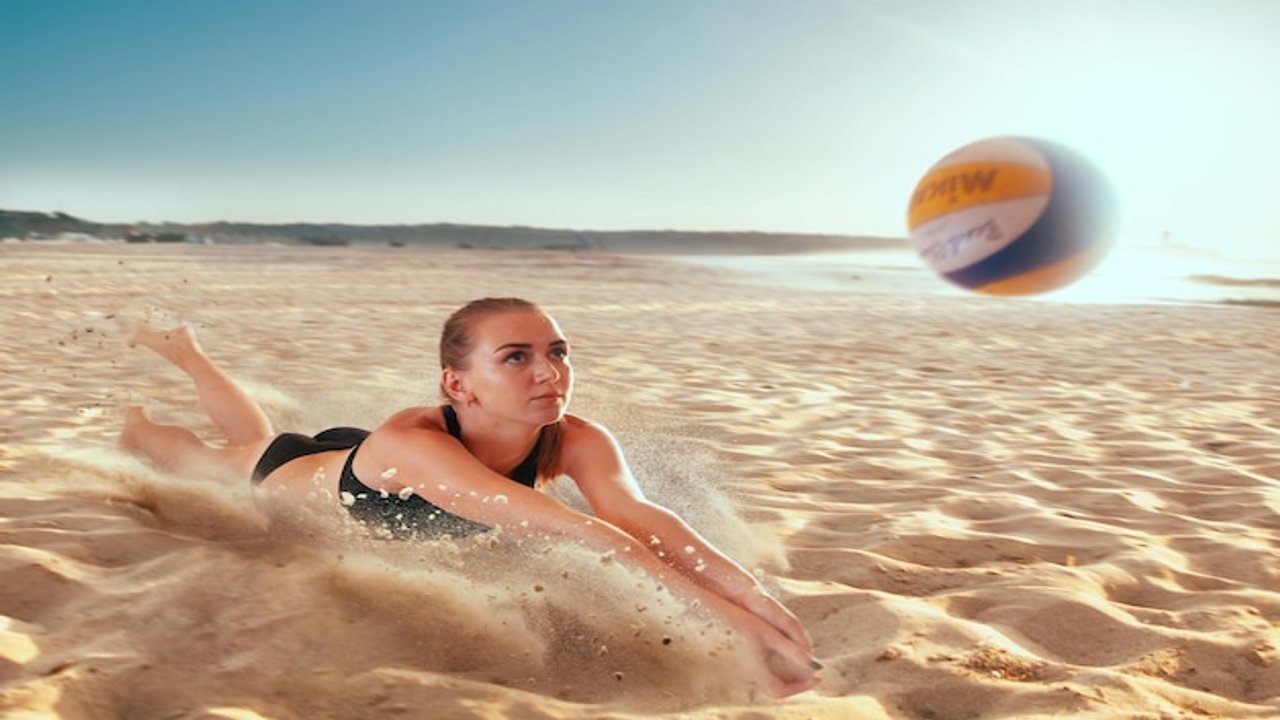
It's important to be mindful of your fluid intake throughout the day, not just during workouts.
Keep a water bottle with you and sip on it regularly to maintain proper hydration levels.
Dehydration can significantly impact your athletic performance and overall well-being, so make it a priority to stay adequately hydrated.
Pre-Hydration Strategies
Before engaging in any physical activity, it's crucial that you adequately hydrate your body to optimize your performance and prevent dehydration.
Hydration timing is essential for pre-exercise fluids to be effective. Aim to consume about 17-20 ounces of water 2-3 hours before starting your workout or sports activity. Additionally, drink 8 ounces of water 20-30 minutes prior to exercising.
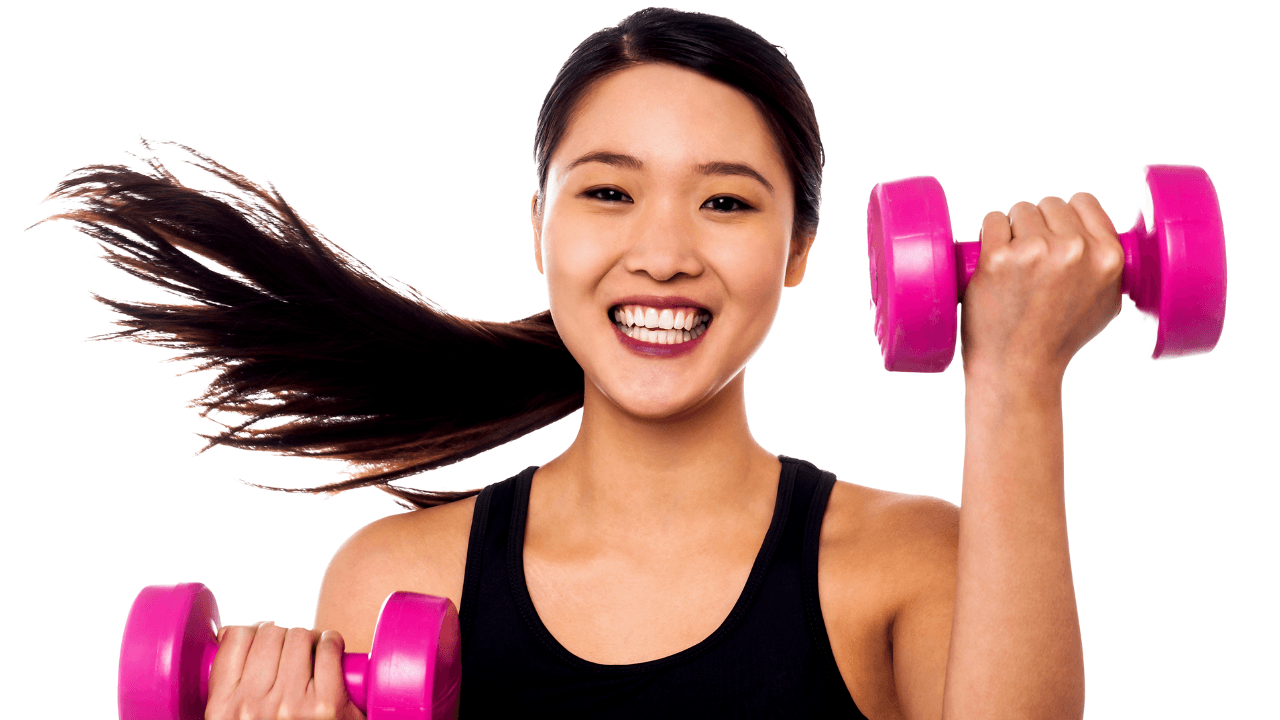
These pre-exercise fluids help ensure that your body is well-hydrated before you even begin to sweat. It's important to note that individual hydration needs may vary, so it's essential to pay attention to your body's signals and adjust your fluid intake accordingly.
Hydration During Exercise
Stay mindful of your fluid intake during exercise to maintain peak performance and prevent dehydration. Proper hydration is crucial for optimal athletic performance. Aim to drink 7-10 ounces of fluids every 10-20 minutes during exercise to replenish the fluids lost through sweat.
Failing to maintain adequate fluid intake can lead to a noticeable impact on your performance, including decreased endurance, reduced strength, and impaired coordination. Dehydration negatively affects your body's ability to cool itself, which can result in heat-related illnesses.
It's essential to listen to your body and drink when you're thirsty, as individual fluid needs can vary. Choosing the right fluid replacement is also crucial, as it should contain carbohydrates and electrolytes to sustain energy levels and aid in fluid absorption.
Signs of Dehydration
To ensure that you're aware of your hydration status, pay attention to signs of dehydration such as dark urine, dry mouth, and dizziness during exercise. Recognizing symptoms of dehydration is crucial for preventing it from becoming a serious issue.
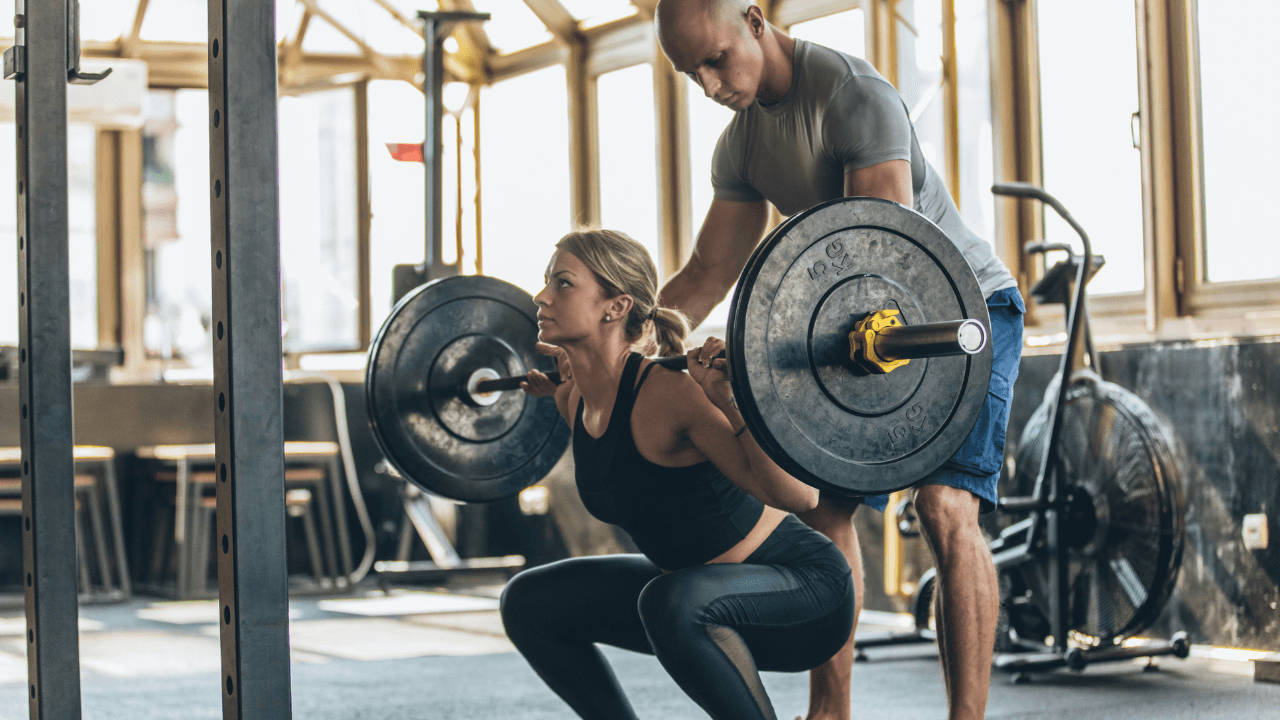
If you notice that your urine is a dark yellow color, this could indicate that you need to drink more water. Additionally, a dry or sticky feeling in your mouth is a common sign of dehydration.
During exercise, if you start to feel lightheaded or dizzy, it may be a result of inadequate hydration. It's important to address these signs promptly by drinking water and taking breaks as needed.
Conclusion
So, remember to drink plenty of water and replenish electrolytes to stay hydrated like a well-oiled machine. Your body is like a finely tuned instrument, and proper hydration is key to keeping it running smoothly.
Don't ignore the signs of dehydration, and make sure to have a hydration plan in place before, during, and after exercise.
Keep sweating, but don't forget to keep sipping!
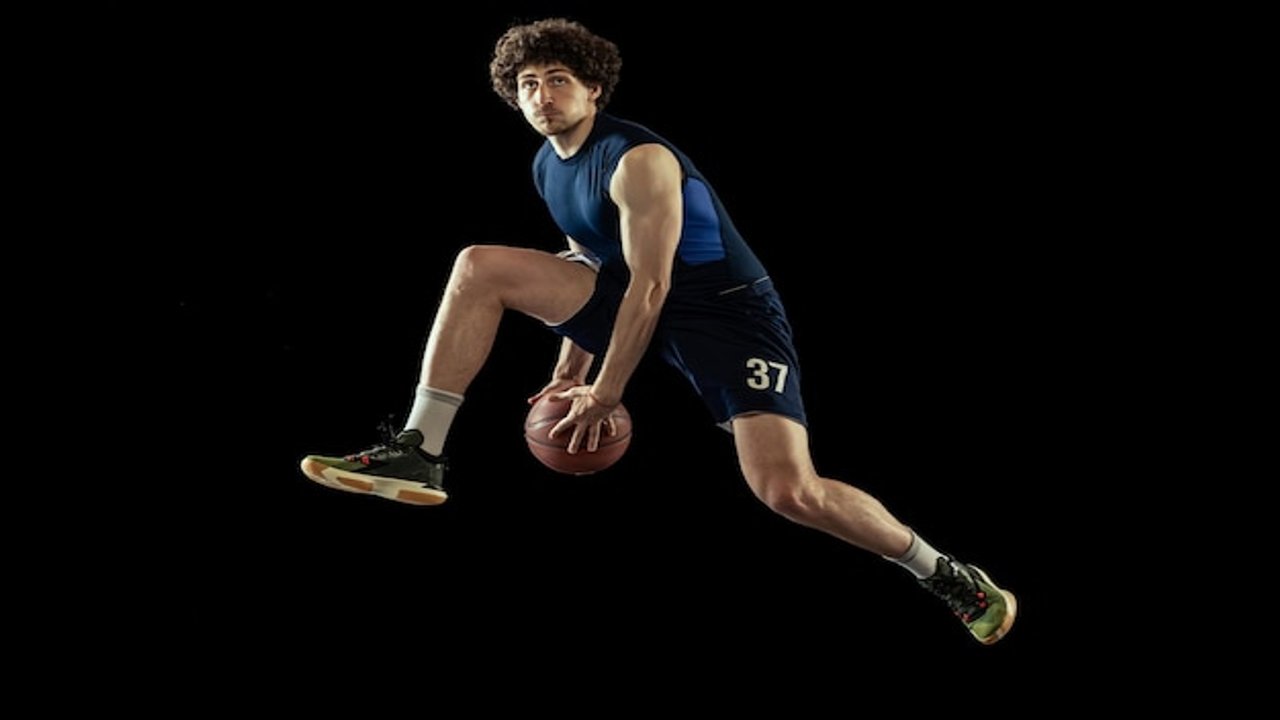
Frequently Asked Questions
Should athletes drink water even if they're not exercising that day?
Athletes should still drink water even on rest days to maintain proper hydration levels. Preparing the body for future workouts and ensuring overall health requires consistent hydration.
How much water should athletes drink before exercise?
Athletes should aim to drink about 16 to 20 ounces of water 2 to 3 hours before exercise, and an additional 8 to 10 ounces 10 to 20 minutes before starting their workout.
Do athletes need to drink water even during colder weather?
Absolutely! Athletes still need to drink water during colder weather as the body continues to lose fluids through sweat even when it's not as noticeable. Proper hydration is essential year-round.
Are caffeine and alcohol good for hydration?
No, caffeine and alcohol are not good choices for hydration. Both can increase urine production and lead to dehydration. It's best to avoid or moderate your intake of these beverages before and during exercise.
Are there any hydration strategies for athletes competing in hot weather?
Absolutely! Athletes competing in hot weather should hydrate adequately before the event, drink fluids during breaks, and consider consuming sports drinks to replenish electrolytes lost through sweat.
Statistics
- Drinking water or sports drinks during exercise improves fluid balance, reducing the risk of hyponatremia.
- Even mild dehydration, as low as 2% loss of body weight, can impair athletic performance.
- Hydration can contribute to clearer skin, as well-hydrated cells are essential for skin health and elasticity.
- Maintaining hydration can help reduce the perception of effort during exercise, making it feel easier.
- Athletes who stay properly hydrated during exercise are less likely to experience muscle cramps.
- Dehydration can lead to a decrease in muscular strength by up to 10%.
- Proper hydration can improve athletic performance by up to 20%.
- Drinking enough fluids before, during, and after exercise can reduce the risk of heat exhaustion by 50%.
- Athletes who consume sports drinks during intense exercise lasting longer than an hour can improve their endurance by up to 30%.
- Proper hydration can help improve focus and cognitive function, leading to better decision-making on the field or court.
External Links
How To
How to Incorporate Hydrating Foods into Your Diet
1. Enjoy fruits and vegetables high in water content: Watermelon, cucumbers, oranges, and strawberries are hydrating options to include in your meals or as snacks.
2. Eat soups and broths: Soups made with a high water content, like vegetable or chicken broth, can be a delicious and hydrating addition to your diet.
3. Include hydrating snacks: Yogurt, smoothies, and foods with high water content like celery or grapes can contribute to your daily fluid intake.
4. Hydrate with herbal infusions: Infuse your water with refreshing herbs like mint or slices of fruits like lemon or cucumber to enhance the flavor and make it more enjoyable to drink.
 HealthWellnessFitnessBeautyVideosPrivacy PolicyTerms And Conditions
HealthWellnessFitnessBeautyVideosPrivacy PolicyTerms And Conditions
